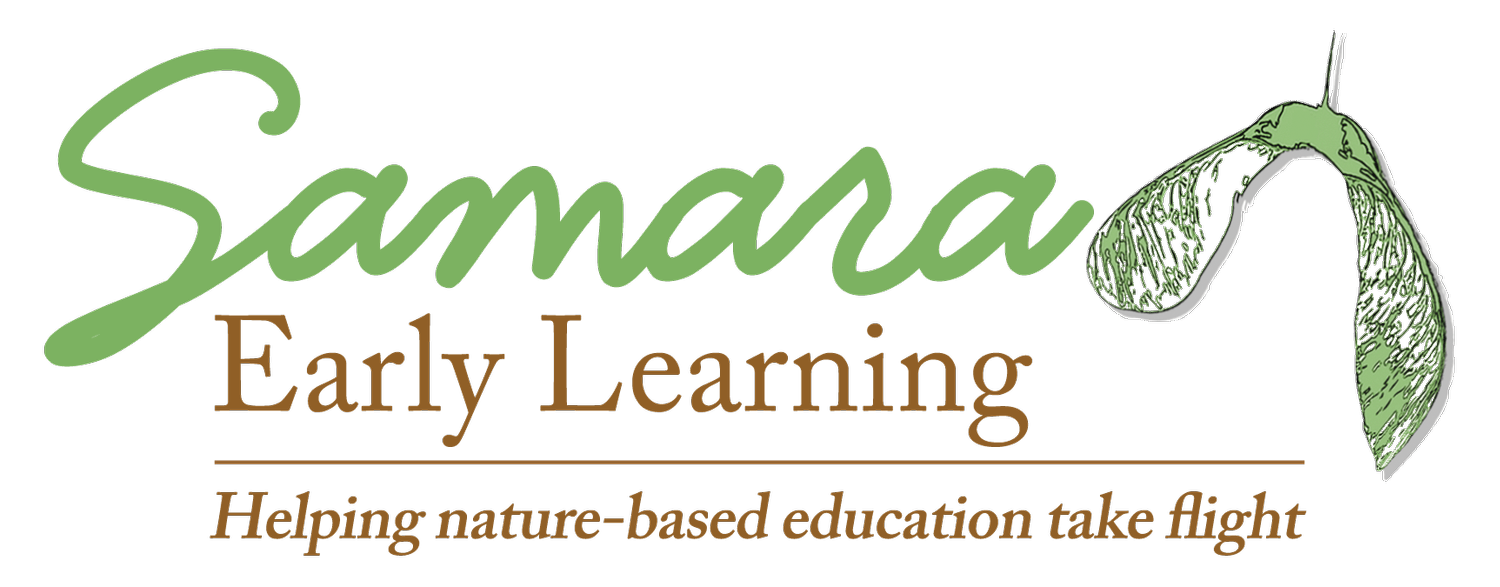Indoor plants are important too!
This post originally appeared in Dr. Rachel A. Larimore’s weekly Samara newsletter on November 30, 2021. If you’re interested in receiving these emails, scroll to the bottom of this page to subscribe.
I’m back from the Thanksgiving break here in the U.S. Break was great, but… neither of my Thanksgiving Cacti have bloomed. However! Yesterday morning I noticed that one of the plants has a tiny little bud starting. (Emphasis on tiny.)
I’ve always been a houseplant person, but since shutdown I’ve become obsessed with noticing any new growth. This got me thinking about a question that came up recently at a workshop…
“Are real plants indoors more valuable than fake or plastic? Even for infants?” My response was (and is) an emphatic “Yes!”
While there is debate over the extent to which indoor plants really help clean the classroom air, they surely can’t hurt! More importantly, plants are dynamic and ever-changing. This provides opportunities for conversation around plant shapes, sizes, how they grow, and what they need. For example, “Why is that plant brown?” Well, maybe it didn’t get enough water…or maybe too much.
Plants also provide older children something to care for. This helps them recognize plants have needs and that our actions have an impact on other living things.
Now, the infant question is an interesting one. Of course, infants can’t care for plants, but the plants do help create the overall feel of a natural, cozy space. That benefits both the children and adults.
Speaking of infants and houseplants, be sure to select non-toxic plants for your classroom—whatever age you work with. Here is a list from the University of Connecticut with some plants to choose and avoid.
What plants do you have in your classroom or home? And…I’m afraid to ask this because it may make me jealous, but…do you have a Thanksgiving cactus? Is it blooming?
Keep changing lives,
Rachel
Rachel A. Larimore, Ph.D., Chief Visionary of Samara Learning
About Rachel
Dr. Rachel A. Larimore is an educator, speaker, consultant, author, and former nature-based preschool director. As the founder and Chief Visionary of Samara Early Learning her work focuses on helping early childhood educators start nature-based schools or add nature-based approaches into their existing program. Learn more about Rachel here.


